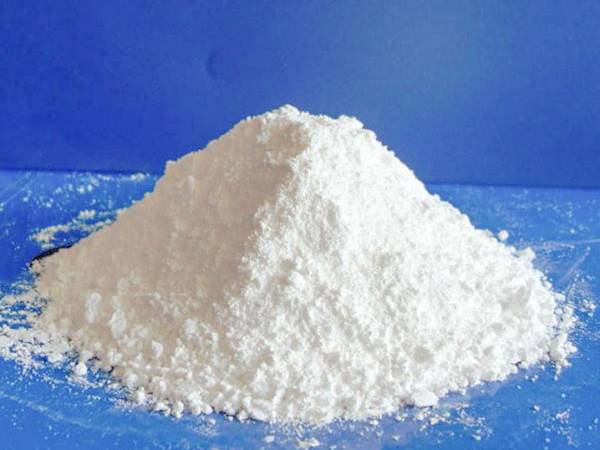



formation of barium sulphate precipitate
Formation of Barium Sulphate Precipitate
Barium sulphate (BaSO₄) is an inorganic compound commonly encountered in various fields, such as chemistry, pharmaceuticals, and environmental science. It is known for its low solubility in water, which makes it an ideal candidate for precipitation reactions. Understanding the formation of barium sulphate precipitate is essential for numerous applications, including its use as a radiopaque agent in medical imaging, in the production of pigments, and in various industrial processes.
The formation of barium sulphate occurs when barium ions (Ba²⁺) react with sulfate ions (SO₄²⁻) in an aqueous solution. This reaction can be generalized by the following equation
\[ \text{Ba}^{2+}(aq) + \text{SO}_4^{2-}(aq) \rightarrow \text{BaSO}_4(s) \]
Upon the mixing of solutions containing barium and sulfate ions, barium sulphate precipitates out of the solution due to its exceedingly low solubility product (Ksp), approximately \(1.0 \times 10^{-10}\) at room temperature. When the ionic product exceeds this value, the solution becomes supersaturated, leading to the formation of solid barium sulphate.
formation of barium sulphate precipitate

The precipitation process can be influenced by several factors including concentration, temperature, and pH of the solution. Higher concentrations of the reactants facilitate a quicker precipitation process, while temperature changes can affect the solubility dynamics. In addition, the pH can play a significant role; for example, a lower pH may reduce the concentration of sulfate ions available, thus impacting the rate and extent of precipitation.
Industrial applications of barium sulphate largely exploit its precipitate form. One prominent application is in the oil and gas industry, where BaSO₄ serves as a weighting agent in drilling muds, aiding in controlling pressure during drilling operations. In the medical field, it is used as a contrast agent in X-ray imaging of the gastrointestinal tract due to its ability to absorb X-rays and appear clearly on radiographs.
It is important to note that, despite its low solubility, barium sulphate is considered safe for use in medical applications due to its biocompatibility and inert nature in the human body. However, caution is warranted in its handling in a laboratory or industrial setting, as barium compounds in soluble forms can be toxic.
In conclusion, the formation of barium sulphate precipitate is a significant chemical phenomenon with diverse applications across various sectors. The principles governing its precipitation are not only fascinating from a scientific perspective but also critical for practical applications in industry and medicine. Understanding these concepts enhances our ability to utilize barium sulphate effectively and safely.
-
Why Sodium Persulfate Is Everywhere NowNewsJul.07,2025
-
Why Polyacrylamide Is in High DemandNewsJul.07,2025
-
Understanding Paint Chemicals and Their ApplicationsNewsJul.07,2025
-
Smart Use Of Mining ChemicalsNewsJul.07,2025
-
Practical Uses of Potassium MonopersulfateNewsJul.07,2025
-
Agrochemicals In Real FarmingNewsJul.07,2025
-
Sodium Chlorite Hot UsesNewsJul.01,2025










